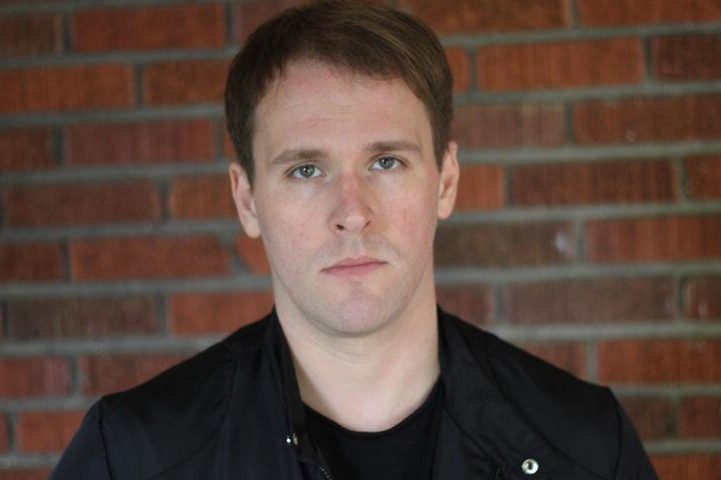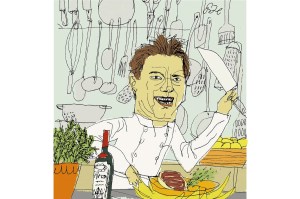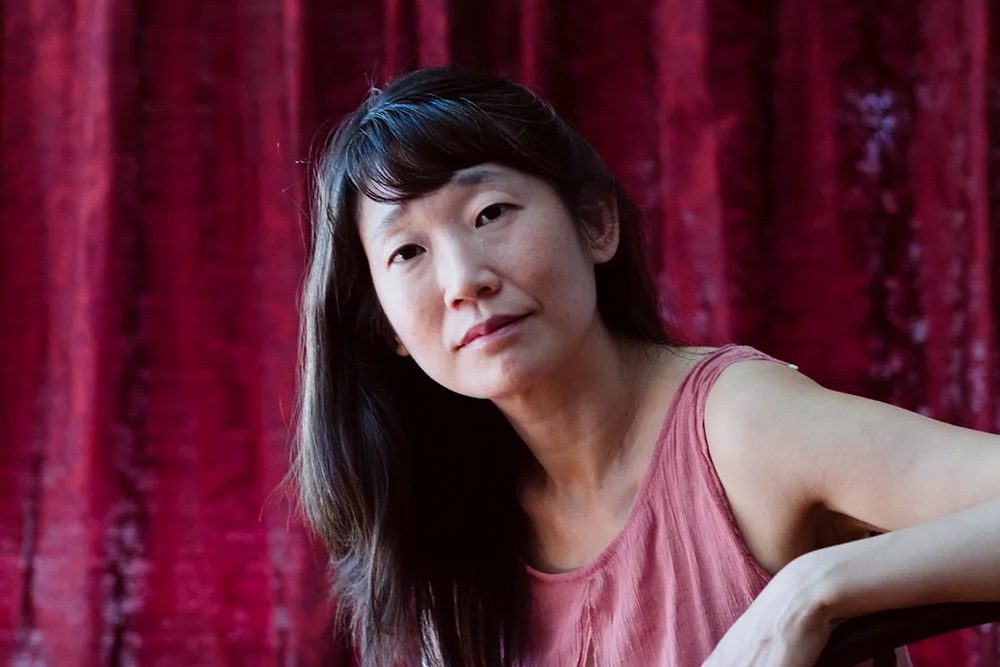A recent controversy rocked the literary world when coverage of author Blake Butler’s memoir, Molly, about his late wife, notable poet Molly Brodak, hit tabloids and spun for the worst. The coverage sparked debate over the ethics of writing about relationships, as online attackers made accusations that the widower weaponized Brodak’s private life and exploited her death for fame or revenge.
Claims gained ground that it was a “shameless cash grab,” “literary revenge porn,” or that it shouldn’t have been published due to privacy concerns, since the memoir reveals Butler’s discovery of his late wife’s affairs after her passing.
Last year, author Isabelle Kaplan also explored similar ethics in a viral essay in the Guardian about her relationship with a controlling writer and concluded being disrespected means it’s fair game. Kaplan was applauded for speaking up — but witnessing the same cultural circles demand Butler’s silence raises questions about the moral integrity of these callouts and larger ones around the desire to bend art and literature toward what’s palatable. Criticism of art is, of course, a necessary practice. Calls for silence denote something larger; that perhaps society’s notion of art should be to entertain rather than challenge, inspire or give voice to experience.
Molly is challenging but it is not a hit piece. The memoir is thoughtfully crafted, with Butler revealing his own infidelities and failures in the relationship, grappling not just with grief but also coming to terms with experiencing abuse. Still, he tenderly examines his marriage to Brodak with nuance. But the tabloids don’t want nuance. They want a simple story. Villain and hero. But love and death is rarely that simple. As people reacted more to the gossip than the book itself, even tackily mocking published excerpts, I reached out to Butler to discuss the debacle.
Elle Nash: The backlash didn’t happen until the piece in the Daily Mail came out.
Blake Butler: It was very obvious any information they had came from the LA Times review. As it spread it got more diluted and because there’s gaps in that story, they start making up their own stuff. I told my publicist to tell them they have no right to this. [My publicist] got a hold of a reporter from Daily Mail after that article blew up and they wanted to do another story, now with original content. We agreed, but they had to remove the first piece. By then it was too late. The further it got out, like to Perez Hilton, the more nasty it got. I am trying hard to control it and get any leverage, but you find out pretty fast that you just don’t have any control over the tabloids. They do not care.
EN: Can you speak to what you’ve experienced from the public?
BB: A lot of my contact has been strangers saying, “I’ve been through similar stuff.” Other people jumped to conclusions. Some were my friends. People cherry-picked things to pin on me. But you think I wanted her to be dragged this way? I wrote the book for the exact opposite reason — to bring her honor and justice. And you can’t understand why she did what she did unless you understand everything that was going on. My whole goal was to provide what I knew. You need these pieces to understand her.
Each person has this thing you can’t touch and the beauty of a relationship is opening that. While Molly’s greatest desire was to feel loved and to be known, she was also terrified of opening up because every time she had, she’d gotten hurt more. I don’t even know that I thought she was mentally ill. I just thought she had been through a lot of hell.
EN: You said the demands of silence is what makes American culture a “battleground between Disney and Infowars.”
BB: It’s right to want to protect Molly if I had done what they thought. Yet none of the people that criticized took the time to explore beyond the article. The thing they took as a weapon shows they’re using it for their own end. They’re like, “how do I get myself into this story?” I think we’re used to responding and making things about ourselves. That’s what the culture asks us to do online.
The point of those actions should be to reduce pain and suffering overall. But what their action does is create more pain and suffering. You conflate a notion of justice with something that’s vain and petty and attack someone who experienced what you are rallying against. A sensible person who’s neither right nor left can see what they’re doing with that.
EN: Some of the criticism against you asked if we should allow a man to tell the narrative of a dead woman’s life.
BB: We live in a world where men are abusers more frequently than women by a vast majority. When we hear a man saying, “Someone did something to me that made me want to die,” it’s like, well, aren’t you supposed to be a man? Especially online, people are going to be Machiavellian. You got to find people in your corner who care about hearing you and are not just saying, “You’re a man, deal with it.” Or “You’re an abuser so you don’t get to have feelings.” When I get accused of something like that, I understand they’re speaking from their own pain they haven’t fully accessed yet. But there are guys who have less resources to understand what’s happening to them. When you get into this duality of black and white, you only trust voices that are either Disney or Infowars. The maniac on the side screaming or the one that refuses to look at anything real.
EN: It seems the reason these criticisms crop up is because of the question of power dynamics. What are the ethics of telling the stories of others? You had said, “The story I tell in Molly is mine.”
BB: John D’Agata told me this book is an essay, not a memoir, because it’s me trying to figure out Molly, but it concedes that’s impossible. Then it says, why should I live? It becomes the real question. Surviving your spouse’s suicide exposes you to suicide in a unique way because you’re still alive and you have to reckon with what it does. That’s why I describe in the book that suicide passes pain on, it doesn’t resolve it. What makes the rejection and the mishandling of it so hard is this book simulates as close as possible my [experience] and the path of how to get back out and why. [The book] is not trying to define Molly. It’s trying to be a work of art.
It’s silencing to say I shouldn’t write from Molly’s journals and her work, because they don’t want to know the truth about her. And honestly, that’s the state Molly lived in her entire life. She never felt known. They think they’re doing liberation by bringing me to justice. The goal of this book is to repudiate the life she spent in shadows feeling unheard. That comes along with some bumps and bruises. I think Molly was an important American figure, I’m not going to write off her work as a suicide’s work. Moreover, she told me to write about her. When she taught writing to others, she’d say “Your story is yours. No one can take it from you. And in fact, it’s your duty to tell it.”
I know we live in a world where it’s easy to point fingers, but not everyone deserves to have the finger pointed at them. And I can take it. But other people suicide because of stuff like this. We know this online bullying makes people die. This is literally the meat of suicide.
EN: She had several unpublished manuscripts — will you be able to publish those?
BB: Alone in Poland is her memoir about going to where her father was conceived in a forced labor camp by the Nazis during the liberation of the Jews. There are two book-length poems that are brilliant. A lot of this I have been saving for when I’ve been in the right mind. I’ve already placed her archive at Emory University where she taught.
We’re also going to start [nonprofit arts organization] Glass Orchid. There’s so much that I want to come. I don’t want this story to end as “Molly killed herself.” Molly’s life is an important life. There’s a lot to learn from her because she is a complicated and brilliant person.


























Leave a Reply